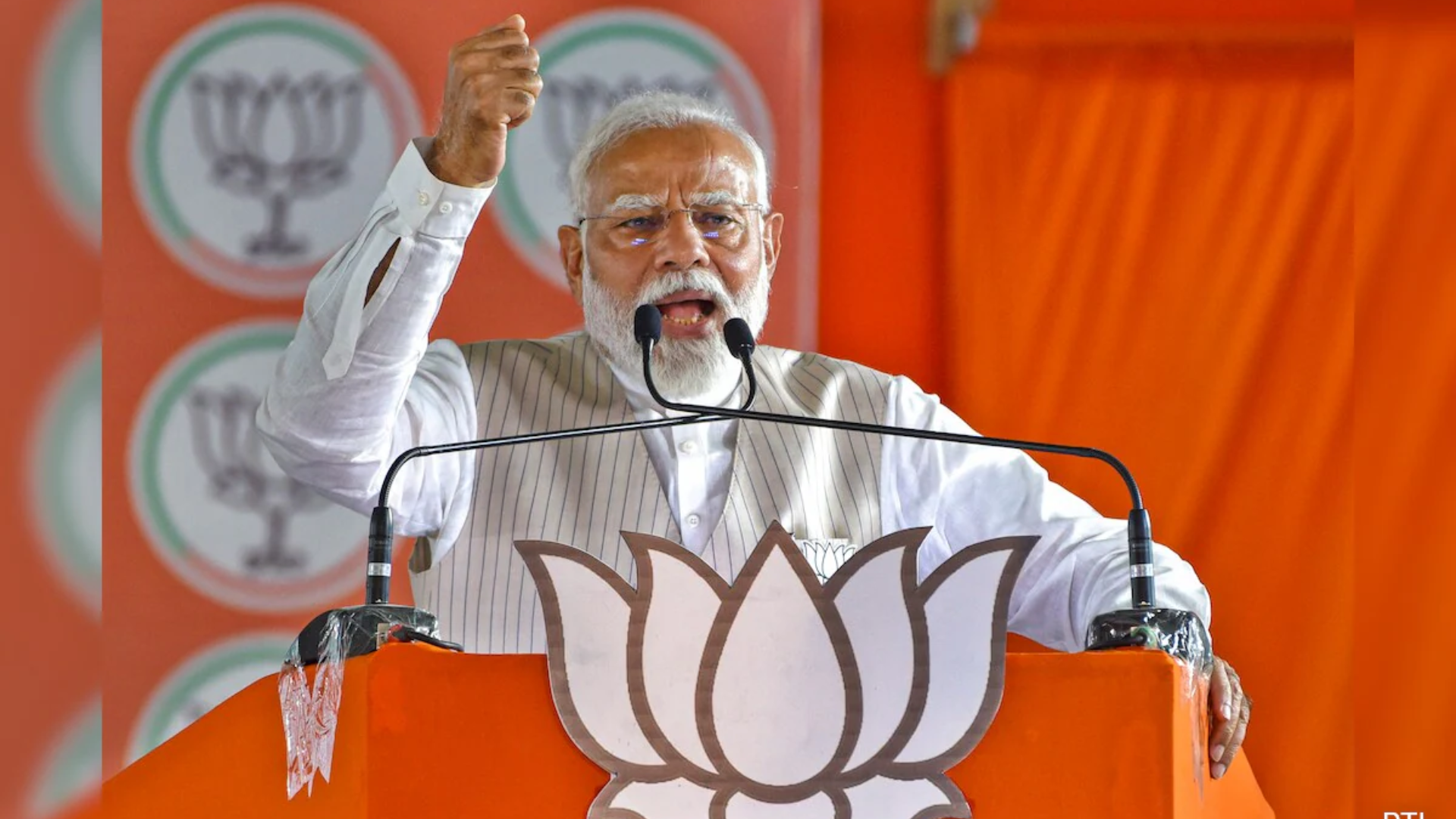Prime Minister Narendra Modi, in a recent election rally in Palamu, Jharkhand, criticized previous Congress administrations for their handling of terrorism from Pakistan. He accused them of sending “love letters” to Pakistan in hopes of fostering peace, only to witness an escalation in terrorist activities. PM Modi asserted that under the current government, India has adopted a more assertive stance, exemplified by surgical and Balakot strikes.
PM Modi emphasized the transformation of India’s approach towards terrorism, highlighting the resolve of the current government to confront threats head-on. He underscored the importance of citizen participation in bringing about this change, stating that the power of every vote contributed to shaping the nation’s response to terrorism.
Furthermore, PM Modi lamented the sacrifices made by individuals from Jharkhand and Bihar in defending the nation’s borders. He criticized previous governments for their perceived weakness in addressing security challenges, accusing them of ineffectual responses and international lamentations.
The Prime Minister’s remarks were met with both support and criticism. Former Pakistan minister Fawad Chaudhry praised Rahul Gandhi, a Congress leader, for his socialist ideology, while PM Modi’s political opponent, Priyanka Gandhi, took a swipe at him during an election rally in Gujarat. Priyanka Gandhi portrayed PM Modi as disconnected from the realities faced by ordinary citizens, contrasting his privileged lifestyle with her brother Rahul Gandhi’s grassroots engagement.
In response to PM Modi’s assertions, Priyanka Gandhi highlighted the contrast between her brother’s direct engagement with the public and PM Modi’s perceived detachment. She accused PM Modi of being surrounded by sycophants and stifling dissenting voices.
The exchange between PM Modi and opposition leaders reflects the ongoing political discourse in India, with each side seeking to portray itself as the champion of the people’s interests. While PM Modi emphasizes a strong and assertive approach to national security, opposition leaders question his understanding of ground realities and accuse him of authoritarian tendencies.
As India navigates through the complexities of its political landscape, debates surrounding issues of governance, security, and leadership continue to shape the national discourse. With elections looming on the horizon, these exchanges serve as a reminder of the divergent visions and ideologies vying for dominance in the country’s political arena.




